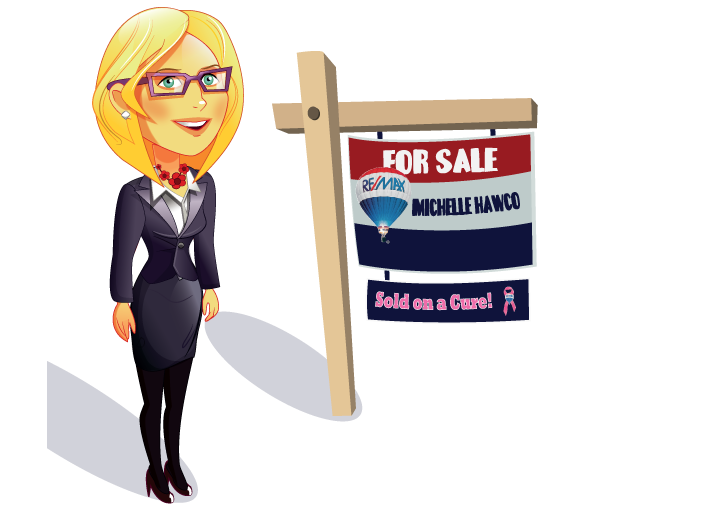A home is likely the biggest investment you’ll make in your lifetime – financially and emotionally speaking. The experience is exciting, all-encompassing and yes, it can be overwhelming. But it doesn’t have to be. Asking the right real estate questions, and seeking answers from a trusted team of professionals, will put your mind at ease.

Here are some common real estate questions, and the answers you need to know.
|




